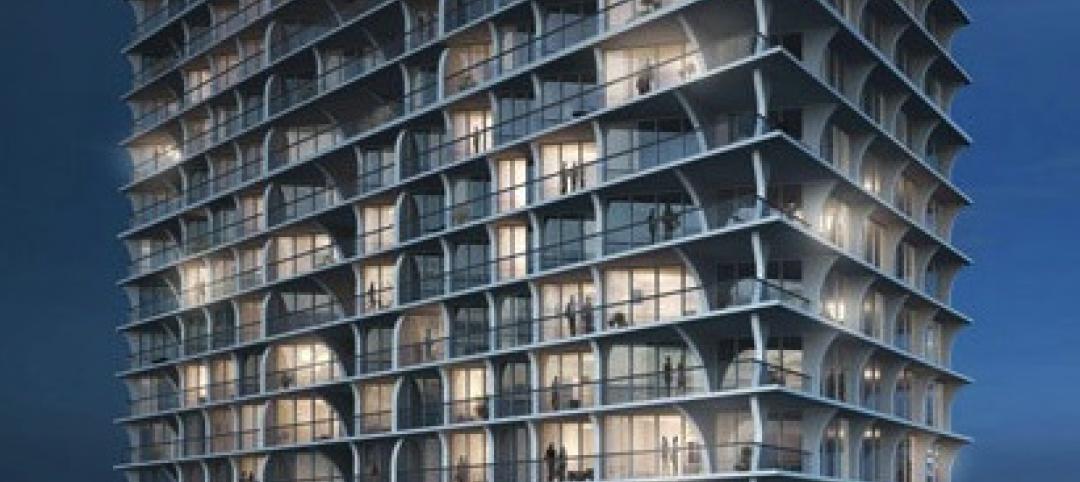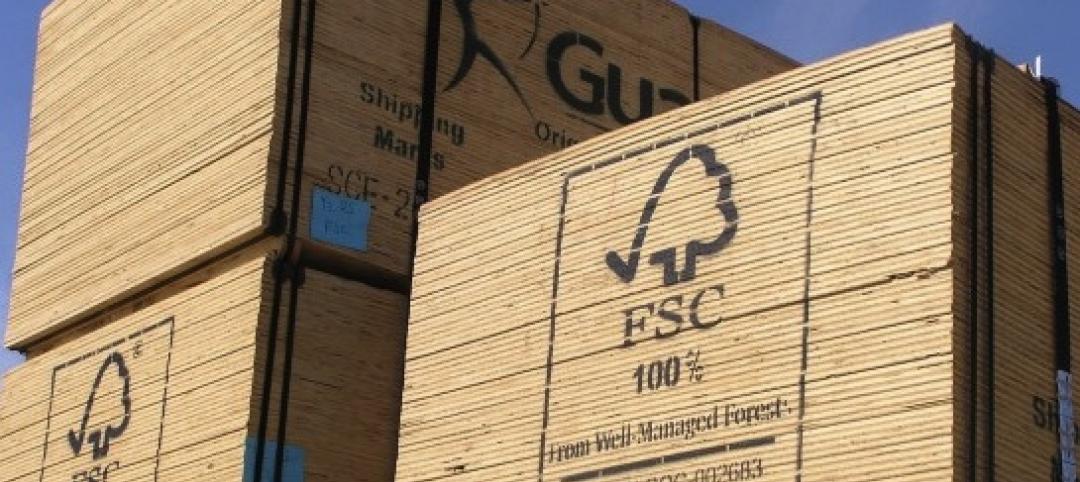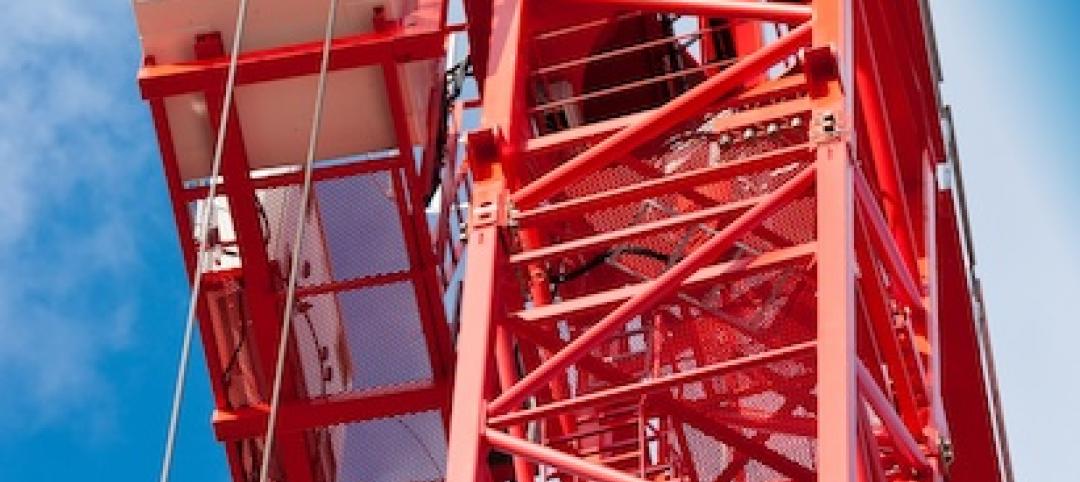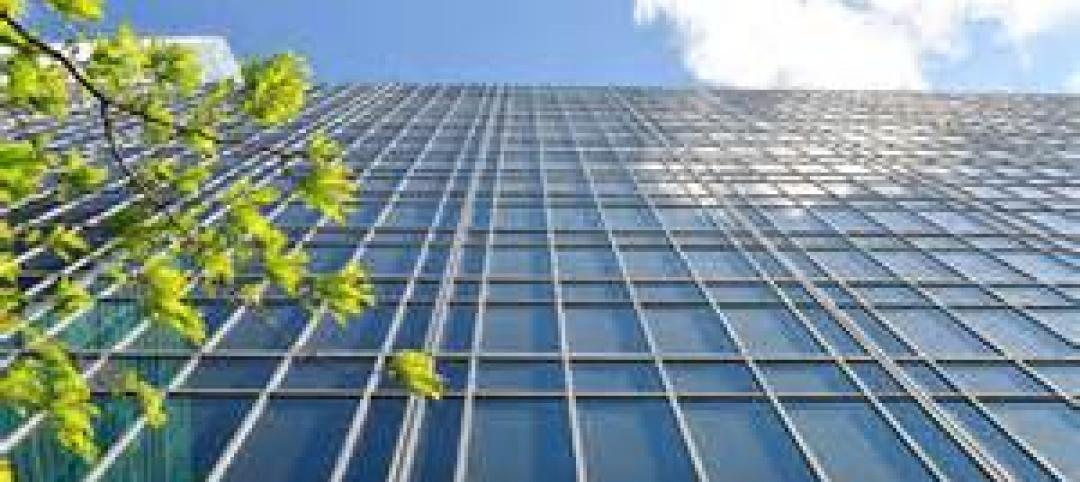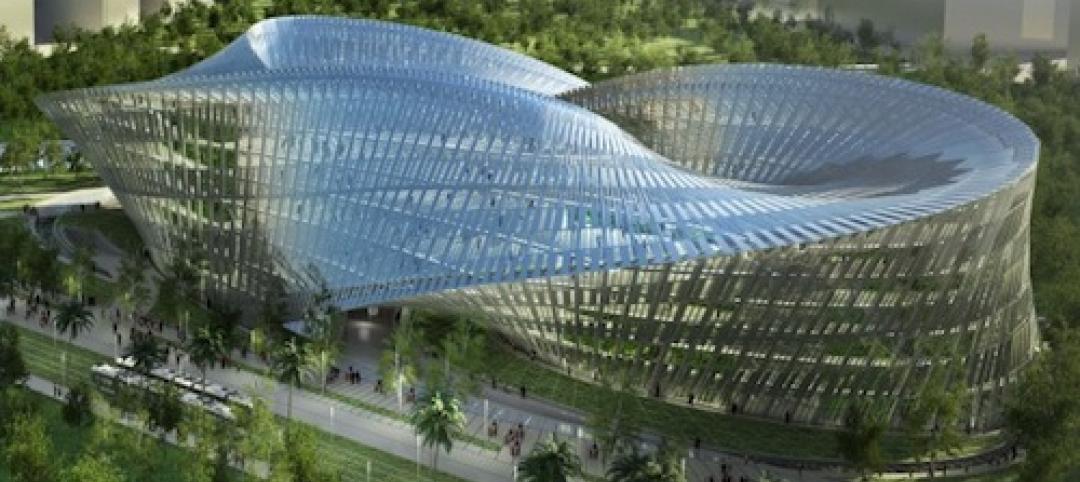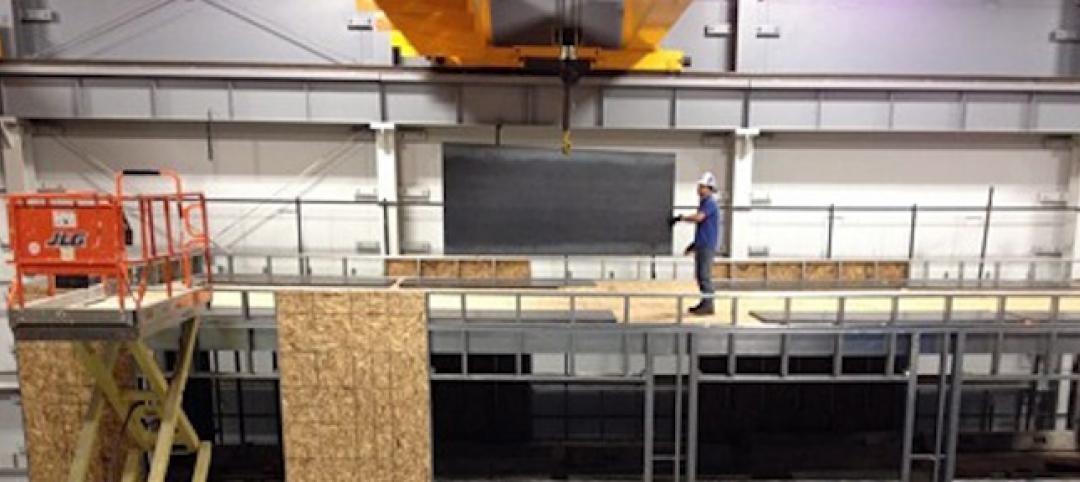Real gross domestic product (GDP) expanded 2.6% (seasonally adjusted annual rate) during the fourth quarter of 2014, following a 5% increase in the third quarter, according to the Bureau of Economic Analysis Jan. 30 release. Nonresidential fixed investment grew by only 1.9% after expanding 8.9% in the third quarter. Investment in equipment declined 1.9%, while investment in nonresidential structures increased 2.6%.
"Today's headline GDP number will be broadly viewed as disappointing as many economists had expected to see a quarterly number in excess of 3%," said Associated Builders and Contractors Chief Economist Anirban Basu. "However, it is important to note that the federal spending category subtracted more than half a percentage point, which means the non-federal portion of the economy expanded faster than 3%.
"In addition to the impact of federal spending which shrank farther than expected, it is also worth noting that spending on nonresidential structures continues to climb," said Basu. "With the economic recovery persisting and with job growth accelerating, business confidence has generally been on the rise, translating into shrinking office and retail vacancy rates and rising hotel occupancy rates. All of this creates a context in which nonresidential construction spending, particularly private construction spending, is likely to expand, which is consistent with ABC's view that the nonresidential construction recovery will continue.
 Source: Bureau of Economic Analysis
Source: Bureau of Economic Analysis
"Though today's release indicates that the economy enters 2015 with somewhat less momentum than had been thought, the fact of the matter is that the past nine months represents the strongest period of growth in the current recovery cycle," said Basu. "Undoubtedly, financial markets will continue to be roiled by ongoing fluctuations in input prices and uncertainties regarding the strengthening of the U.S. dollar. But with gas prices low and with job creation now brisk, consumers are likely to continue to push the U.S. economy forward in 2015."
The following segments expanded during the fourth quarter and/or contributed to GDP.
- Personal consumption expenditures added 2.9% to GDP after contributing 2.2% in the third quarter.
- Spending on goods grew 5.4% after increasing by 4.7% in the previous quarter.
- Real final sales of domestically produced output – minus changes in private inventories – increased 1.8% for the quarter after a 5% increase in the third quarter.
- Nondefense spending expanded 1.7% after increasing by 0.4% in the previous quarter.
- State and local government spending expanded 1.3% during the fourth quarter after growing 1.1% in the third quarter.
- A number of key segments did not experience growth for the quarter.
- Federal government spending contracted by 7.5% in the fourth quarter following a -9.9% increase in the prior quarter.
- National defense spending declined by 12.5% after expanding by a full 16% in the third quarter.
To view the previous GDP report, click here.
Related Stories
| Jun 25, 2013
First look: Herzog & de Meuron's Jade Signature condo tower in Florida
Real estate developer Fortune International has released details of its new Jade Signature property, to be developed in Sunny Isles Beach near Miami. The luxury waterfront condo building will include 192 units in a 57-story building near high-end retail destinations and cultural venues.
| Jun 20, 2013
Virtual meetings enhance design of University at Buffalo Medical School
HOK designers in New York, St. Louis and Atlanta are using virtual meetings with their University at Buffalo (UB) client team to improve the design process for UB’s new School of Medicine and Biomedical Sciences on the Buffalo Niagara Medical Campus.
| Jun 19, 2013
Architects upbeat about the construction market
Following the first reversal into negative territory in ten months in April, AIA's Architecture Billings Index bounced back in May, reaching 52.9.
| Jun 19, 2013
Florida is latest battleground over LEED standards centered on certified wood
A nationwide battle over forest certification standards continues to be played out nationally and in Florida with legislation passed this month.
| Jun 18, 2013
Report: HVAC occupancy sensors could slash building energy demand by 18%
Researchers at the DOE's Pacific Northwest National Laboratory conclude that significant energy savings can be achieved by varying ventilation levels based on the number of people in a given space.
| Jun 18, 2013
Turner report: Activity in urban markets driving construction cost increases
Turner Construction Company announced that the Second Quarter 2013 Turner Building Cost Index – which measures costs in the non-residential building construction market in the United States – has increased to a value of 859. This reflects a 1.18% increase from the First Quarter 2013 and 4.00% yearly increase from the Second Quarter 2012.
| Jun 17, 2013
First look: Austin to get first high-rise since 2003
Developer Cousins Properties broke ground on the 29-story Colorado Tower in downtown Austin, Texas, the city's first high-rise building since Cousins' completed the Frost Bank Tower a decade ago.
| Jun 17, 2013
DOE launches database on energy performance of 60,000 buildings
The Energy Department today launched a new Buildings Performance Database, the largest free, publicly available database of residential and commercial building energy performance information.
| Jun 14, 2013
First look: Callebaut's eye-popping Möbius building for Taichung arts center
French design firm Vincent Callebaut Architectures has released renderings of "Swallow's Nest," an entry in a design competition for a new cultural center, fine arts museum, and public library in Taichung City, Taiwan. The building, based on a Möbius ring, swirls around a central "Endless Patio."
| Jun 14, 2013
Purdue, industry partners test light steel framing for seismic safety
A partnership of leading earthquake engineering researchers from top U.S. and Canadian universities and design professionals from the steel industry have begun the final phase of a three-year project to increase the seismic safety of buildings that use lightweight cold-formed steel for their primary beams and columns.


